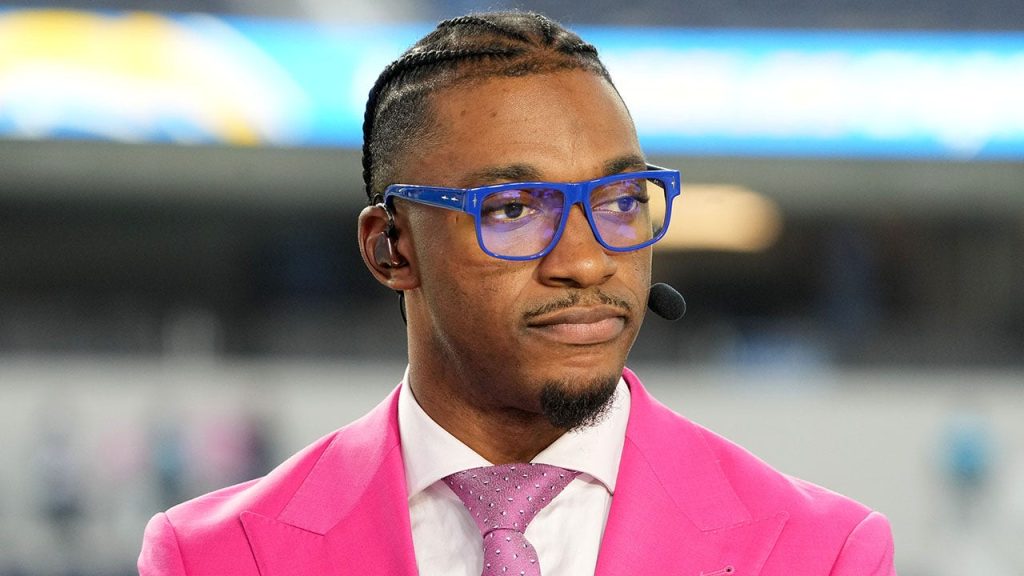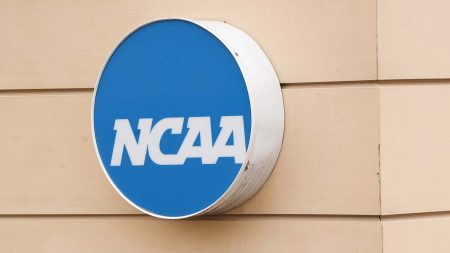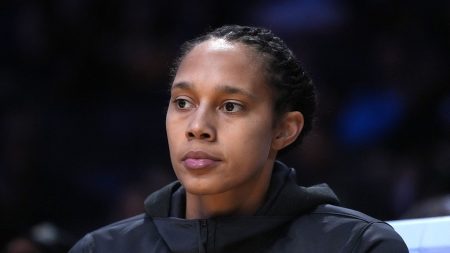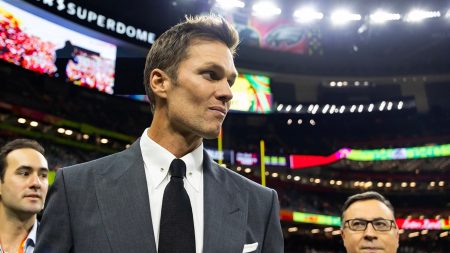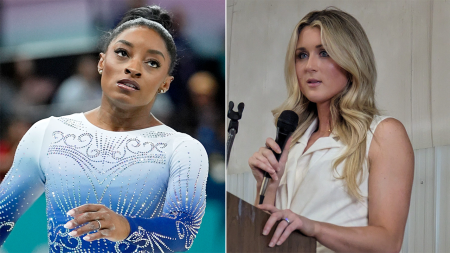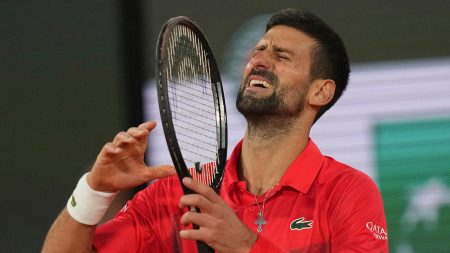The aftermath of the Los Angeles Chargers’ stunning playoff loss to the Houston Texans saw quarterback Justin Herbert come under intense scrutiny for his subpar performance, igniting a firestorm of criticism on social media and sparking a broader conversation about quarterback evaluations and racial bias in sports commentary. Herbert’s stat line – 14 completions out of 32 attempts, 242 passing yards, one touchdown, and a damaging four interceptions – painted a picture of a quarterback struggling under pressure, a narrative that was quickly amplified across various media platforms.
Former NFL star Robert Griffin III, now a prominent sports analyst, weighed in on the discourse with a post on X (formerly Twitter) that inadvertently fanned the flames of controversy. Griffin’s assertion that the national media should hold Herbert accountable for his playoff performances “like they do to Lamar Jackson and Dak Prescott” was met with immediate backlash, with many accusing him of deflecting criticism of Herbert by injecting race into the conversation. Critics argued that Griffin’s comparison was unwarranted, given the differing circumstances and career trajectories of the three quarterbacks, and that it served to perpetuate a narrative of unfair scrutiny faced by Black quarterbacks in the NFL.
The controversy surrounding Griffin’s remarks underscores the complex interplay of performance, race, and media narratives in shaping public perceptions of NFL quarterbacks. While Herbert’s playoff struggles undoubtedly merit analysis, the implication that his criticism is somehow comparable to the often racially charged critiques leveled against Jackson and Prescott ignited a debate about the underlying biases that may influence sports commentary. This incident highlights the sensitive and often contentious nature of discussions about race and sports, and the potential for well-intentioned commentary to be misinterpreted or misused.
To understand the nuances of this debate, it’s crucial to examine the playoff records of the quarterbacks in question. Lamar Jackson, despite his electrifying regular season performances and an MVP award, has faced persistent questions about his ability to deliver in the playoffs. His 3-4 record in seven playoff appearances, including a loss in last season’s AFC Championship Game against the Kansas City Chiefs, has fueled a narrative of playoff shortcomings. Dak Prescott, while boasting a more statistically impressive playoff resume with 14 touchdowns and 1,962 passing yards in seven starts, also carries the weight of a 2-5 playoff record and the Dallas Cowboys’ extended absence from the NFC Championship Game since 1995.
Justin Herbert, entering only his third season and second playoff appearance, is at a different stage of his career than both Jackson and Prescott. While his 0-2 playoff record is a valid point of concern, the narrative surrounding his performance is still developing. The comparison drawn by Griffin, therefore, appears premature and potentially misleading. Herbert, like any young quarterback, will need time to develop and prove himself in high-stakes playoff situations. Prematurely placing him in the same category as more experienced quarterbacks with longer playoff track records risks overlooking the distinct trajectories of their respective careers.
The backlash against Griffin’s comments also highlights the heightened awareness of racial bias in sports commentary. The history of the NFL, and professional sports in general, is replete with examples of Black athletes facing harsher scrutiny and more racially charged criticism than their white counterparts. While it’s important to avoid generalizations and to assess each player’s performance individually, it’s equally important to acknowledge the historical context and the potential for unconscious biases to influence how quarterbacks, and athletes in general, are perceived and evaluated. The controversy surrounding Griffin’s remarks serves as a reminder of the ongoing need for nuanced and sensitive discussions about race and representation in sports media.




